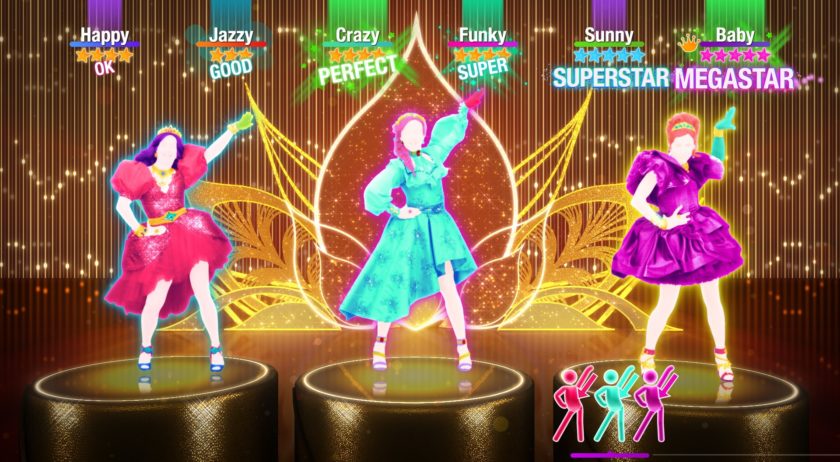Welcome to Learningworks for Kids Game Vocabulary for Parents! In this series, we are highlighting some key gamer vocabulary for busy parents and defining the key executive functions that can be strengthened through play. This video will focus on the genre of Rhythm Gaming. Click below to watch the video and learn more. The transcript is also provided below for your convenience. A special thanks to our videographer J.R. for his work on this awesome video!
Hi and welcome to LearningWorks for Kids’s Gaming Vocabulary for Parents. This is a video series where we will be taking some of the most common gaming terms and vocabulary and breaking down their meaning and how these terms can help you understand the executive functioning skills behind your child’s favorite games. Like what you see? Then be sure to visit us at learningworksforkids.com to read our educational blogs, read our game reviews, and learn more about how to create a balanced play diet for your child.
Today we are going to be talking about the rhythm game genre. Originally made popular in Japan in the 1970’s, this genre has exploded in popularity in the United States and encompasses many different styles of play. Rhythm games can take the form of playing an instrument, recreating specific dance moves, or even pressing buttons on a controller to defeat enemies in time with a song. Popular games in the rhythm genre are the Just Dance Series, the Guitar Hero series, and the Taiko no Tatsujin series. While each game has their own way for players to demonstrate their rhythm skills, they all focus on timing, pattern recognition, and focus in order to successfully complete a level, a song, or a crazy new dance move.
So what is your child getting out of the hours they spend dancing to BlackPink songs or slashing through geometric shapes in time with musical cues? Well, a couple of different things. First off, they are learning to practice their focusing skills. Succeeding at rhythm games requires the player to pay attention to what is happening on screen and perform an action in time with what they see. If they do not focus, they could miss notes, forget a part of the dance move, or even be defeated by an in-game enemy. Some rhythm games can also help players practice their working memory skills. Much like a game of Simon, players need to remember a sequence of events and translate them into real time movements. In the Just Dance series of games, players could just watch the screen and try to replicate what they see, but for the very complex dances, remembering what they have practiced before and performing it in time with the music takes some recall skills you might not believe your child had within them. And finally, some rhythm games have health benefits! If your child is playing Dance Dance Revolution, Just Dance, or any other movement-based rhythm game, they are actually getting exercise. In fact, according to the Virtual Reality Institute of Health and Exercise, games like Beat Saber burn more calories than a traditional game of tennis.
So how can you apply this concept to real life situations? Encourage your child to use these games to enhance, not replace other forms of physical play. So the next time you tell your kid to get off the couch and get some exercise, consider joining them in a crazy dance session or form a family band and break a sweat during a 10 minute drum solo. You just might find yourself sneaking in a session even after the kids have gone to bed.
Well, that’s all the time we have for today. If you’d like to watch more videos like this, go ahead and hit the subscribe button. We publish new content every week so you can learn how to set up your child’s play diet. To learn more visit learningworksforkids.com


